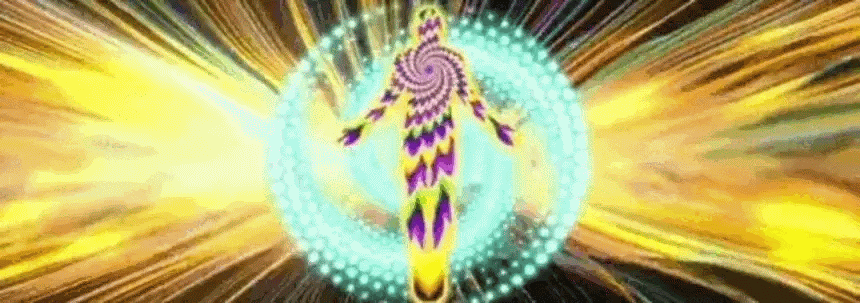Contemporary medicine has come a long way since the Ancient Greeks, where getting a cure meant sleeping over in a temple where a deity would appear to give us advice in a dream, but there is many a wisdom that has endured, and much of the knowledge they gained we have lost.
With the high-tech tools at every clinicians beck and call, and modern day diagnostic devices to prod and to probe every cavity and crevice we have, the familiar Rod of Asclepios may seem like a rock to an Apple, but the traditional system of medicine as practiced by the ancient Greeks still form the foundation of Western Medicine.
In the East, the Indian system of Ayurveda is in practice much the same way as it was, centuries before Hippocrates formulated his Oath, but it was the Greeks that started to shift the focus of healing from a spiritual practice to a physical science.
Since the dawn of the scientific method, modern day medicine has established rigorous
research methods, where the results are testable and
reproducible, and where there is little room for veda’s or pressure points or any of the other “alternative” medical practice. As science
and technology developed, medicine became more and more reliant on
medications,
and the practice of finding remedies and cures in the natural
environment slowly gave way to the pharmaceutical industry that we have
today.
The development of biologically active chemical compounds introduced medicine to statistical measures to ensure therapeutic value. It also gave raise to concepts like the Bell Curve distributions we commonly see in study populations, and anomalies like the Placebo Effect that we still can't explain. Far from being the infallible measuring tool, the scientific method is at a loss it would seem and the attitude of most researchers have typically been to keep a good eye on it, and then cautiously ignore it.
While some are insisting on finding a reason for the anomaly, others are starting to wonder if the scientific method is the staff of good measure that we claim, and every so often there are murmurs that question the validity of biomedical research, particularly as practiced by the pharmaceutical industry.
While the Temple of Asclepius may have long since crumbled to dust, there are those that wonder if the smoldering smoke doesn't mean there's a fire after all. Meanwhile the "art" of Ayurveda is still alive and well, and like traditional Chinese medicine it has seem to have stood the test of time. Though neither may be able to provide the answers with statistically proven relevance, I cannot help thinking there's more to the so-called 'ancient' arts of healing than most of our physicians would care to admit.




